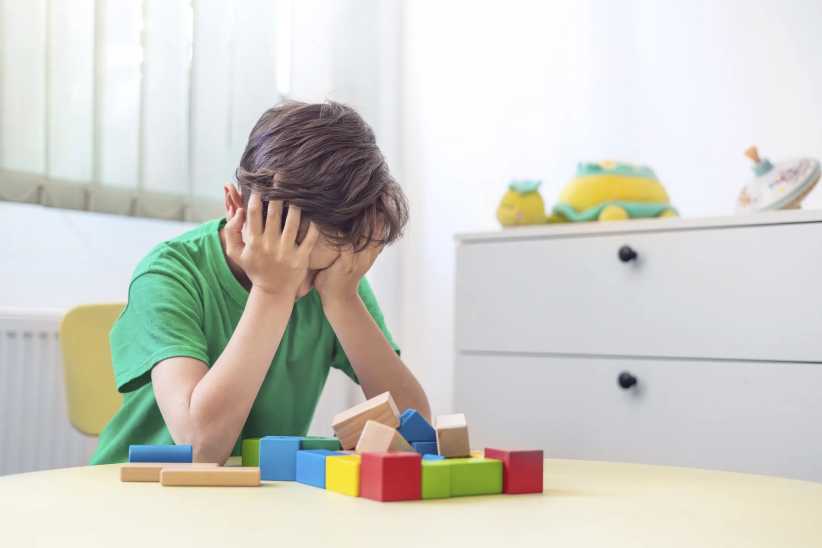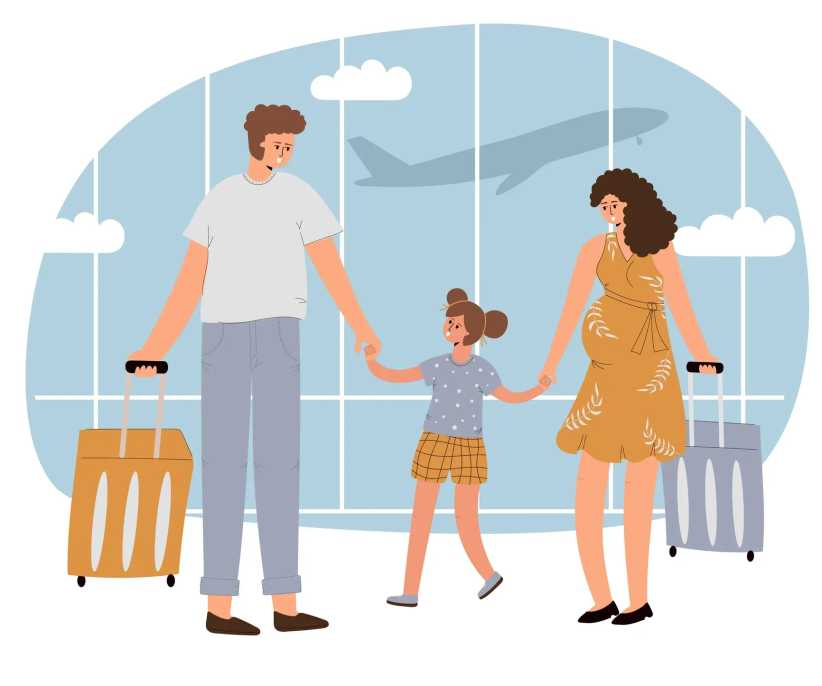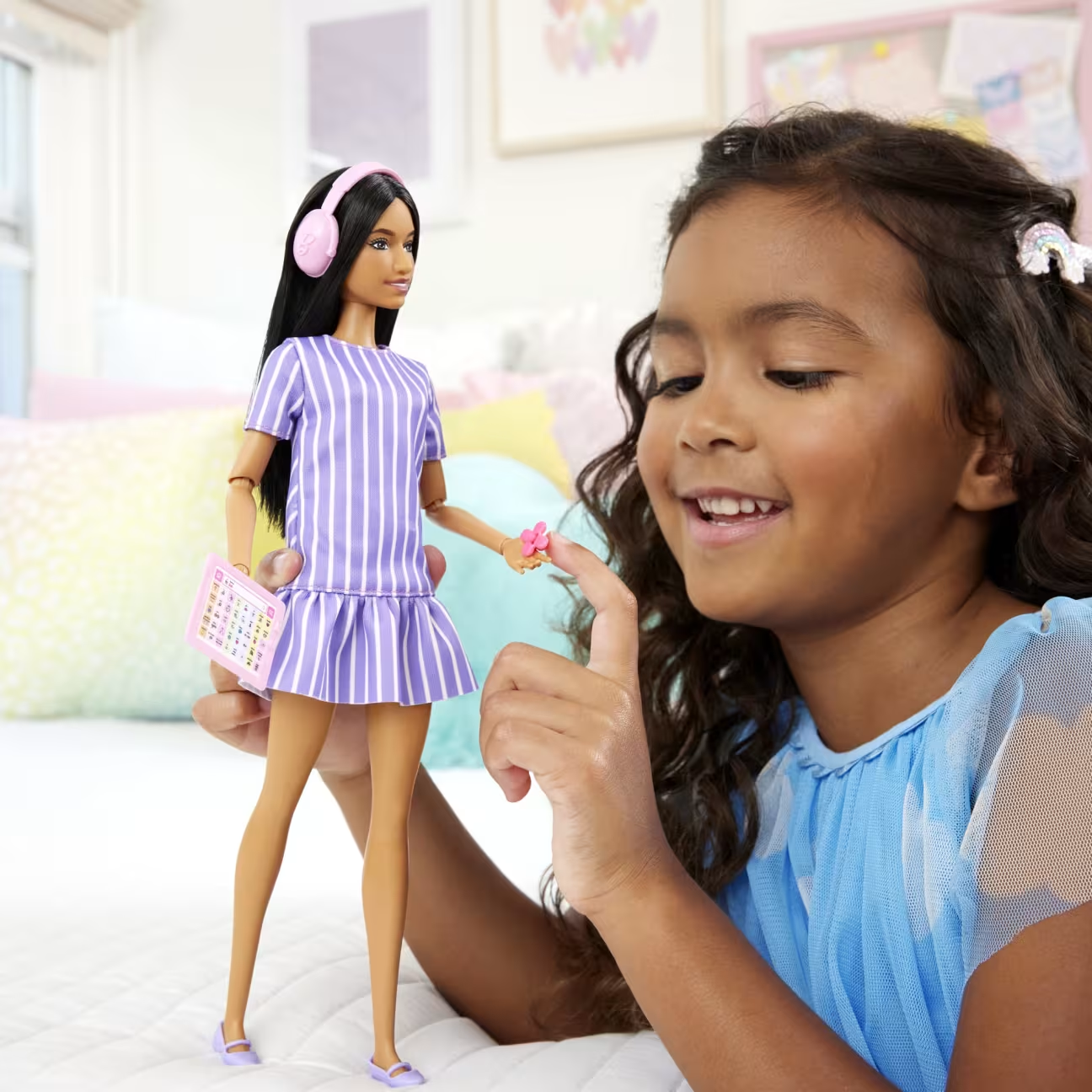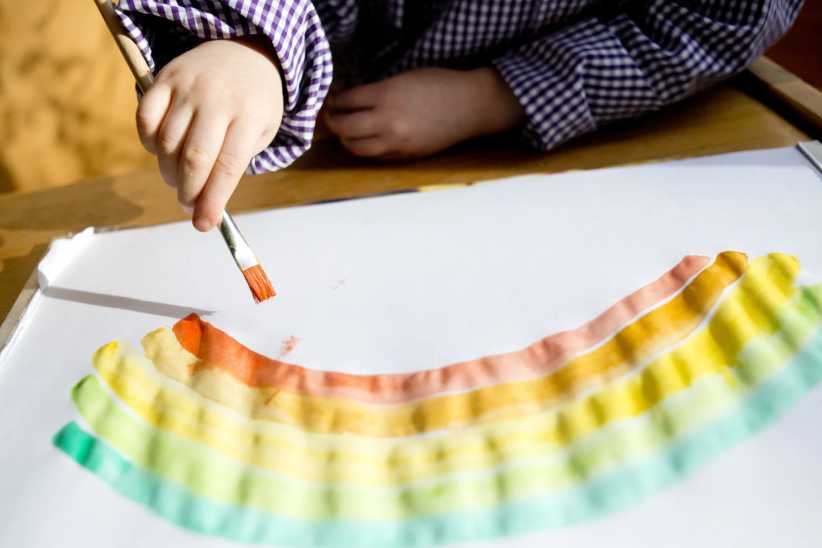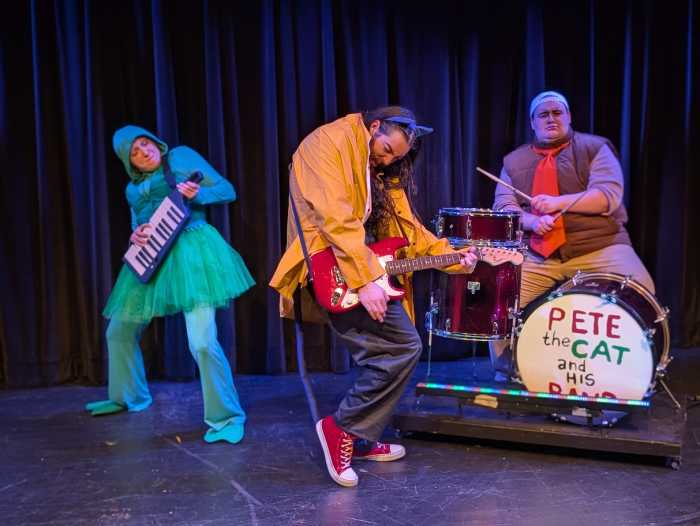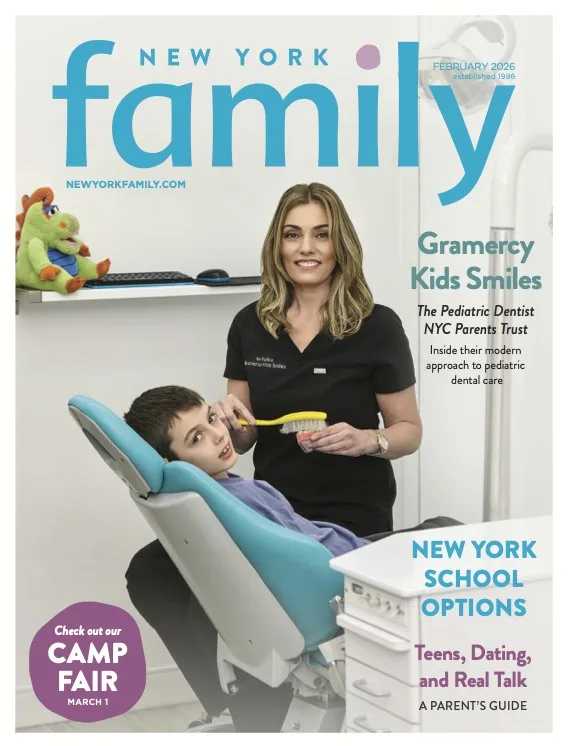Playing sports is fun! Team sports not only give a child something to do with a group of friends who share the same goals and interests, but it can also considerably improve the lifestyle of a disabled child and may help control obesity, promote activeness, and increase a child’s self-image and social skills. The structure, organization and rules learned while playing will translate to other parts of your child’s life, and, additionally, he can practice verbal communication and interaction with his peers.
Aside from the physical benefits, children who play team sports learn teamwork and leadership skills by learning how to work together to achieve a goal. The confidence that’s formed by achieving a goal with peers of similar ability can be very rewarding to these children, and their families.
Developing a sense of self-esteem and confidence is an extremely important part of a child’s development, especially for a child with special needs. These children need to be involved in environments in which they feel that they are contributing successfully to a group. Their abilities in all other skill areas will improve as a result of a newly-gained positive self-image and sense of confidence.
Adults lacking motor skills
I have been playing sports since I was a child, and have been coaching since my now 14-year-old son was about 5. I’ve spent the last couple of years as an athletic director at my local parish, but it wasn’t until I became a volunteer sports coordinator at an adult special needs agency that I learned how team sports can impact someone’s life. After attending one of my parish basketball games, a group of men we care for at the agency told me that they really enjoyed the game and wanted to learn how to play.
So, my son and I volunteered the following Saturday, prepared to teach the guys some basic basketball skills. We weren’t prepared, though, for how difficult it would be for some of them to learn how to play. Most of them looked and spoke just like we did, but they didn’t have the same motor skills we had. Many couldn’t catch or bounce the ball, and didn’t have the strength to reach the hoop with their shots. As our session went on, my son and I realized that if we were going to really help these guys, then we were going to have to be committed to starting from the ground up.
We committed to working every Saturday — all summer long if the agency would let us. The agency quickly invested in some basketballs and hoops, assigned some staff members to work with us, and put the word out to all members of the agency that we’d be holding free basketball clinics for anyone who wanted to learn. Soon, our handful of members turned into a group of more than 40 eager basketball students!
Love for the game, for each other
Although we were only there for a few hours each Saturday, our special needs athletes made us feel like we were rock stars. As soon as we would arrive, they would come running up to us, giving us hugs and thanking us until the minute we left. In all my years of coaching and playing, I have never seen a group of people work harder and be more appreciative of the coaching and training they were receiving.
Every time they successfully completed a training drill, or completed a pass to a teammate, EVERYONE cheered for each other. Do I even have to tell you what happened when someone made a basket? Well, it was like New Year’s Eve — every time!
A local T-shirt company donated shirts for the guys to wear at the clinic and, as I usually did every Saturday, I learned something new about the guys. Some were adamant about what number they wanted to wear. I heard: “I want to be number 23 like Michael Jordan!” or “Can I have number 2 like Derek Jeter? PLEASE?!” Some guys wanted the numbers that fell on their birth dates, while others wanted their ages.
One player, who barely ever spoke, was indifferent about his number, so I asked him for his favorite number. He still had no preference, no matter how many times I told him he could pick any number he wanted. So, I checked the list and saw a number that hadn’t been taken. It was his size, too, so I gave him number 24.
‘The Big Game’
After about six months of practicing, we were ready to show our friends, families and co-workers just how far we had come and how hard we had all worked. A local facility, Fastbreak, donated its gym to us and we invited every relative of every player to come and watch what we called, “The Big Game.” We had more than 150 people in the stands!
From what started as a handful of guys who couldn’t bounce a ball, had turned into a team that was looking at a score of 28-26 with a few seconds to go in the game. We called a time out and announced that there was no losing team that day, that everyone was a winner. The crowd gave every player a well-deserved standing ovation. The players graciously accepted the applause, but wanted to keep playing. So, we started the clock and just before the buzzer sounded, a basket made from the 3-point line garnered the shooter’s team a win of 29-28.
In any other place in the world, after that shot, the winning team would be celebrating the last-second victory, and the losing team would be distraught by the loss. Not here. Before the ball could even hit the ground, as the winning players were jumping all over their hero, the players from the losing team were piling on as well! They were just as happy for their buddy as they would have been if he had sunk the winning shot for them. I think our million-dollar pro athletes could have learned something from our guys.
Lasting memories
After the trophy presentations and festivities were over and we were getting ready to leave, a woman approached me and asked if I’d take a picture with her son after he opened a gift she had bought him. She told me that after he had started playing basketball in the Saturday clinics, he became “a different person.” She said that for years he would stay in his room alone all night and watch TV. He barely interacted with his family and never had a friend come over. But after starting the clinic, she said he would come out of his room and watch basketball with his dad, and on Saturdays, “wouldn’t shut up about what he learned at basketball.”
He opened the gift and pulled out the gold chain with a basketball charm on it. His eyes filled with tears and he asked me if I would help him put it on. I noticed there was another charm on it as well — the number 24, his new favorite number.
That is why I do what I do.
Bob Anderson is the athletic director at Our Lady of Pity church, and also the founder of Staten Island Special Needs Athletic Programs, a non-profit that provides free instructional sports clinics for special needs kids and adults. For more information, visit www.SIsnap.com, or call (347) 838-1121.

